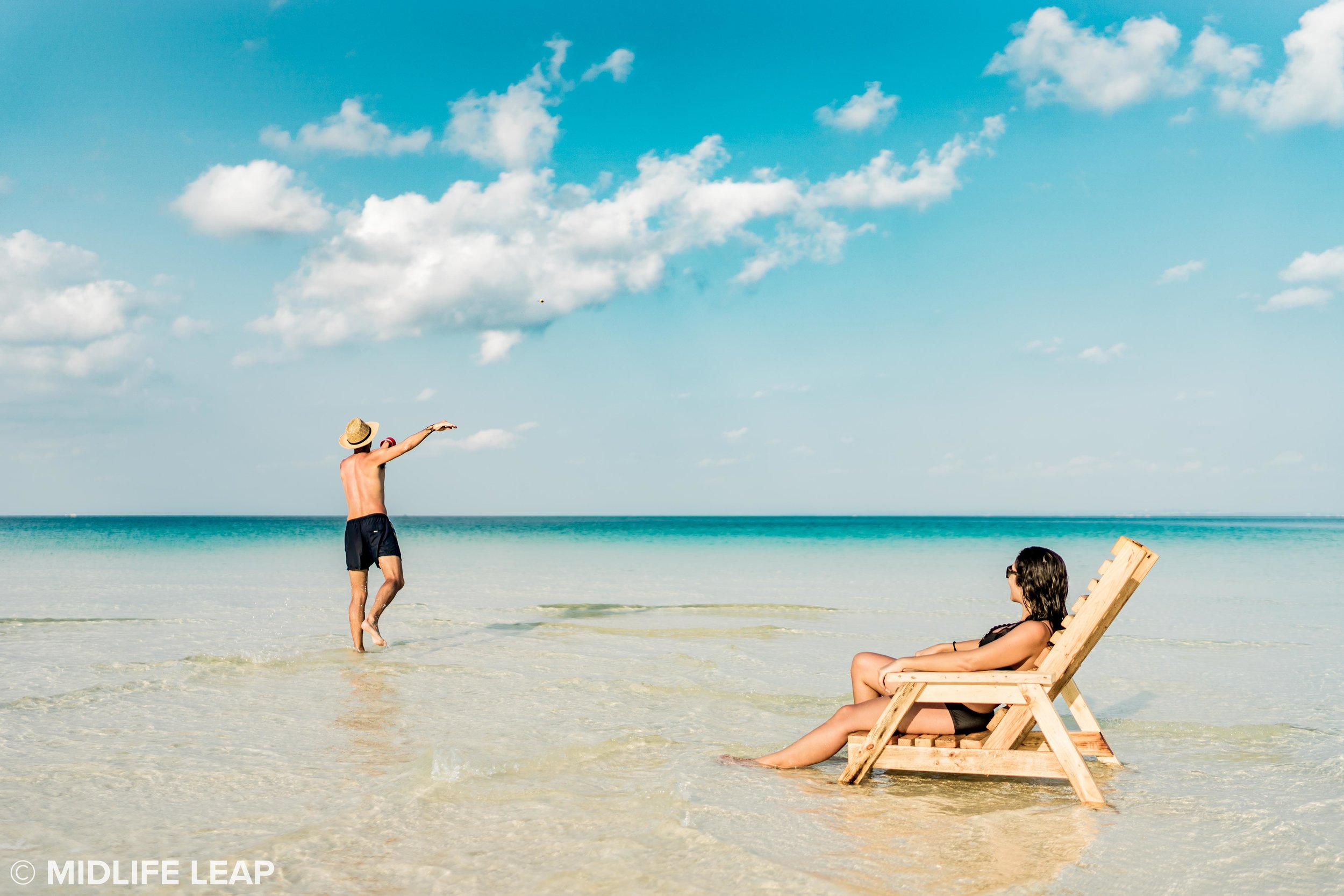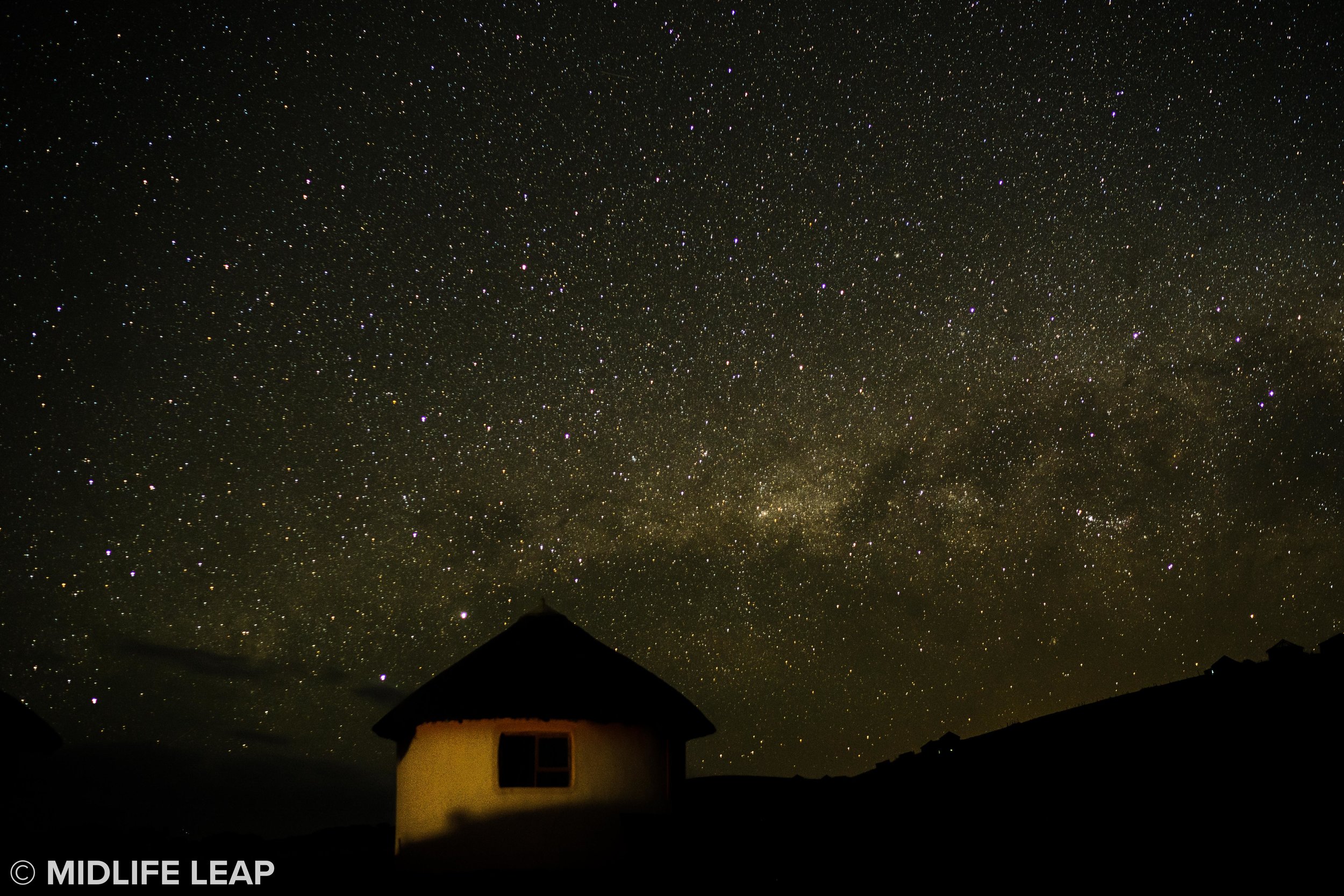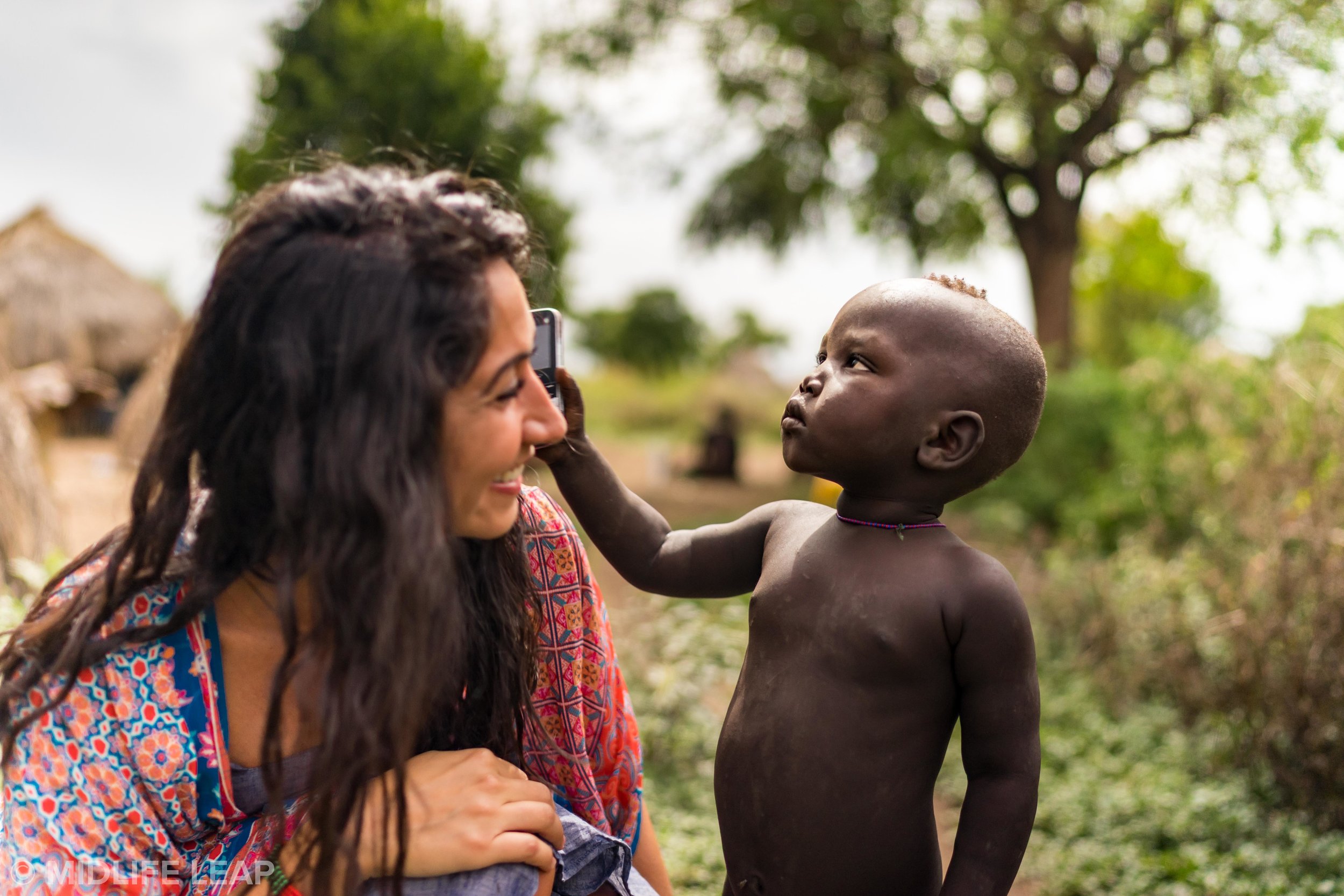First things first! You've already decided you want to go on this unforgettable experience. But before you book that ticket for this bucket list item, we want to make sure you have all the facts! For the sake of this article, we will be focusing on Rwanda but have included all relevant information for Uganda and the DRC as well.
GENERAL INFORMATION ABOUT RWANDA
English is widely spoken in the cities but not common in the villages. A few words of Kinyarwanda (or Swahili) can be useful and will be appreciated by locals. And if you remember any of your high school French, that may come in handy too!
The official currency of Rwanda is the Rwandan Franc. USD and Euros are accepted and can be converted at banks and bureau de changes in the main towns and tourist areas. Credit cards are not always accepted and when they are accepted, sometimes they carry poor exchange rates and are subject to processing fees (between 5-10%). ATMs will only dispense Rwandan Francs and are not available everywhere.
The electrical voltage in Rwanda is 220V while the electrical voltage in the United States is 120V. A 3 rectangular pin UK plug adapter is required to use electrical appliances. If you have a dual voltage electronic, check to make sure that the input reads 100V – 240V or 120V – 240V.
As always, remember you are a visitor here. Public displays of affection can be seen as offensive in parts of the country. Greetings are very important in Rwandan culture so always remember to say hello (and it's a nice thing to do). Also, if you are in Kigali or any urban area, western dress is appropriate but it should be noted that generally throughout Rwanda, shorts are only worn by primary school-aged boys. If you are visiting any of the rural villages, men should always wear pants and woman should have their knees and shoulders covered. Sniffing food is considered rude so if you are picking out some fresh fruit or vegetables, stick to touching rather than smelling it! And last but not least, be respectful and be kind.
GENERAL INFORMATION ABOUT MOUNTAIN GORILLAS
The mountain gorilla, a subspecies of the Eastern gorilla, is the largest primate in the world, and also one of the most endangered with less than 800 remaining in the wild today. They are ground-dwelling herbivores who live in open canopy forests and feed on bamboo, nettles, roots, and leaves. Today, they can be found in Rwanda, Uganda, and the Democratic Republic of the Congo. Poaching and habitat destruction have lead to the decline of these enigmatic creatures which is why experiencing this life changing journey comes with just a few hurdles and guidelines to follow. We want to make sure you are fully prepared before you walk along side these magical giants and help keep the beauty and vitality of mindful tourism alive today.
VISAS
A visa for Rwanda is required: For US Citizens it's $50USD for a single entry tourist visa. We got our visa upon arrival without any problems but you can of course complete this ahead of time by applying online, or have your tour company complete it for you (for an extra fee). Make sure your passport is valid for at least 6 months (from the date of your departure from Rwanda) and has at least 2 blank pages in your passport per country visited. Please review all visa regulations well in advance of your arrival (seriously, guys, I missed out on Myanmar because of this!). Check out this helpful link for more information on visa requirements for Rwanda.
VACCINES
Proof of Yellow Fever Vaccine is required. Many countries have this listed as a requirement but Rwanda was one of the few that wanted to see our proof of yellow fever vaccine before applying for a visa at Kigali International Airport. If you have any other questions regarding vaccines, check out Treks2Rwanda's medical tips here.
FITNESS AND HEALTH
There is no way to know how long you will be hiking before encountering your gorilla family. For example, we hiked for 5 hours before finding our group while others hiked for 7 hours and some just under one hour. For this reason, it is recommended that you are in good physical health. This does not mean that you need to be able to run a marathon, or even a 10K (trust me, I can barely run a mile). This is more of a guideline. Plus, you will most likely be placed in a group with people of similar physical qualities (and perhaps age).
Also, please keep in mind that gorillas are susceptible to human borne illnesses and you will not be permitted to participate in your gorilla trek if you are sick (nor should you want to as mountain gorillas have become the most endangered type of gorillas).
Please note you must be at least 15 years of age to obtain a permit and participate in a gorilla trek.
INSURANCE
Travelers Insurance is a requirement. Your tour company will ask you to provide all the information during your booking process. If you have any questions on travelers insurance, shoot us an email and we would be more than happy to walk you through. We used World Nomads and had a great experience.
WHEN TO BOOK
We started our research 12 months before we planned on going and booked our safari 6 months before our trip. We don't recommend procrastinating here if you are on any sort of schedule as once the daily limit of visas are sold, you will need to look for an alternate date. For example, Volcanoes National Park in Rwanda is home to 10 mountain gorilla groups and each group can only have 1 group of 8 people visiting a day for an hour long duration (talk about a complicated math equation).
BEST TIME TO GO
Gorilla Trekking is a year-round activity but the rainy season can make things a bit more, well, wet. The best time to visit depends on which country you are thinking of exploring. For Rwanda, it is during the long dry season months from June - September and during mid December to early February. We went the first week of August and aside from the morning mist (which was beautiful) and the chill in the mornings and evenings, it was perfect.
WHAT WILL THIS COST ME
Can you put a price tag on an unforgettable experience? Yes. Of course you can! And while this won’t cost you as much as a week long traditional safari, it still isn’t considered budget traveling. Our package with Treks2Rwanda, which included our pick up and drop off, our guide and driver, all meals (no alcohol), two nights at Mountain Gorilla View Lodge, and our gorilla ($750 ea.) and golden monkey ($100 ea.) permits, cost $1625.00 per person before tip.
UPDATE: When we booked our trip in August of 2016, our daily visas cost $750 each. Today, the price for a visa in Rwanda has doubled to $1500.
TIPPING
Tipping is a very personal thing, but it's always helpful to have a general guideline for unfamiliar territory. As always, it's not obligatory but if you have an exceptional experience, which I'm sure you will, it's always greatly appreciated to show it in whichever manner you feel comfortable. And with most cases, it's with a monetary tip, so we wanted to provide you with some guidelines.
Your tour company may very well offer you a tipping guideline as well but the general rule depends on how many people you are in your group. We were two people, so we tipped $20 each per day for three days totaling $60 each or $120 total. The guideline is anywhere between $12- $22 per person per day (the number decreases with bigger groups). In addition, you may feel compelled to tip your trek guides, porters (if you hire any), and hotel staff. In this case, the recommended amount is $5-$10 per person per day. Tips are preferred in USD.
Tipping is something we didn't factor into our budget but we highly recommend doing so for anyone planning a long trip as it caught us off guard.
HOW LONG SHOULD YOU GO FOR
We were only able to do one gorilla trek, and a two night stay which included a golden monkey trek on the second day. The permits are expensive ($750 per person per day when we booked, today the prices have doubled to $1500 in Rwanda), but if you can swing it, we really recommend splurging for two treks. The first one is so overwhelming, and you will most likely be behind the camera trying to get all your shots, that you may not get the full experience. This is why we suggest booking a second trek which will allow you to absorb everything a bit more. Plus, every trek and every gorilla family is different. While I don't have any regrets from our travels, this is one of the few memories I look back on and wish we had stayed longer. Oh well, guess we will just have to book another one :).
SAFETY
As we only traveled to Rwanda, I can't speak for Uganda or DRC personally, but what I can tell you is that with any foreign country you visit, the general rule is to use common sense. If you wouldn't leave valuables out in the open back home, by all means, don't do that on the road! Now for safety during the trek, here are a couple guidelines to follow (and trust us, you will get the full drill before you start your journey).
- Your guide, the scouts, and the porters know these gorillas. They spend spend weeks on end with them so if they tell you to do something (or not to do something), listen.
- You are advised to keep a minimum of 7 meters distance from the gorillas, but let me tell you from personal experience, this isn't always the case. Unlike a game drive safari, you will be much closer to these wild animals and the dynamic is very different.
- This seems pretty obvious but just in case, never make any sudden movements or noises.
- If you need to sneeze, turn your face and sneeze into your arm
- Never hold eye contact with a gorilla
- No flash photography! Duh! (GoPros are permitted)
- You will learn a few basic sounds (a low rumble for example) and how to move into a submissive pose, in the event that you are approached by a gorilla. That whole bowing down scene during Tarzan...yeah that's real.
Well folks, that's about it for the Need To Know Before You Go section of this Guide. If you want to read more about our personal experience during our Gorilla Trek, you can read about it here!











